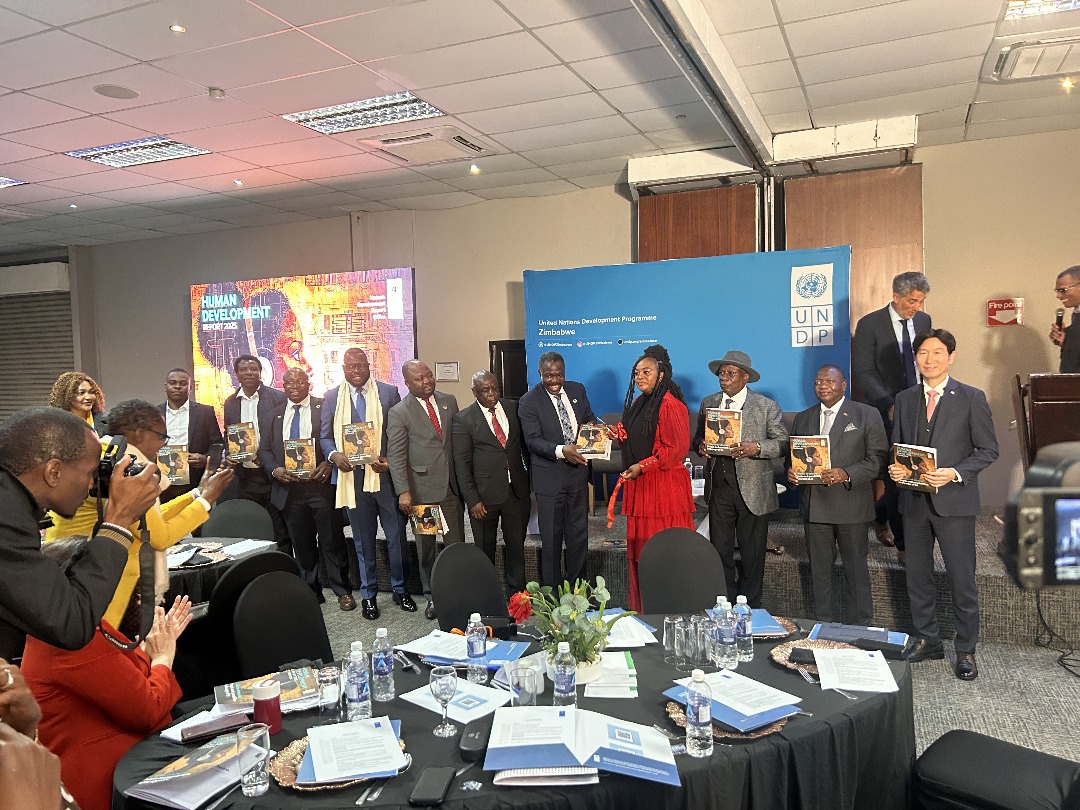Starting tomorrow, Thursday 17 June, Mozambicans with TMcel lines will no longer be able to call their counterparts who are on the Vodacom network. This is because Vodacom has decided that it will cut off TMcel over an unpaid debt of about US$9.6 million dollars. That bill represents unpaid interconnection fees that TMcel has not paid since 2018.
It has happened in Zimbabwe before
If that sounds vaguely familiar it’s because it is. We have seen this before in our teapot shaped country. Back in 2012, there was a spat between Econet and NetOne over millions of unpaid interconnection fees. NetOne hadn’t paid Econet, the largest private and only mobile operator in the country since 2009. After failed attempts to get paid and being stone-walled by the government, Econet severed ties with NetOne on 23 August 2012.
In effect, this meant that those on NetOne, the then smallest mobile network operator could no longer call those on Econet and vice versa. This would have effectively destroyed NetOne in the long run. The government, which was technically the so-called First Republic back then, behaved in very much the same way the so-called Second Republic would have. Officials came out guns blazing and accused Econet of sabotage and even called it a security threat. Eventually, they reached a deal, made up and the link was restored.
The last time we heard in 2017, a similar issue had arisen back in 2017 when Econet said it was owed about US$25 million by NetOne and TelOne. This was after the government had in essence paid off the US$60 million debt that had accrued since 2013 after the government had also paid off the debts from 2009-2012. Despite what you think the government of Zimbabwe doesn’t actually have any money of its own. All it has belongs to us taxpayers. So in essence we paid off those bills.
Familiar parallels in Mozambique
The issue in Mozambique is eerily similar as I told you. Consider the following similarities:
- TMcel is also owned by the government just like TelOne and NetOne are. The only difference here is that TMcel is actually a merger that would be the rough equivalent of TelOne and NetOne merging. Then later on they merge with Telecel (another state-owned operator in Zimbabwe). For while NetOne and Telecel have remained separate here, Telecomunicações de Moçambique (TdM) and Moçambique Celular (Mcel) merged back at the beginning of 2019 in order to pool their resources and face off against’s Vodacom. Why Telecel and NetOne remain separate is beyond me.
- Privately owned Vodacom like Econet here in Zimbabwe has the largest market share. The market share is divided between the three operators like this:
- Vodacom has 49% of the market share with about 7 million subscribers
- Movitel is the second-largest operator with about 28% of the market and 3.7 million customers
- TMcel has about 23% of the market and about 3 million subscribers
- Just like NetOne, TMcel was the first and largest mobile network operator in Mozambique but thanks to constant government meddling and bureaucracy it squandered its position as the network leaders.
- Infrastructure sharing even in rural areas has failed miserably just as it has here in Zimbabwe with constant squabbles between players and the government failing to come up with a bill to force the issue.
- TMcel has battled bankruptcy and is saddled with legacy debts just like TelOne here in Zimbabwe.
- The country is run by FRELIMO a party with socialist leanings and is not known for its business acumen.
How will this end?
If this was Zimbabwe the end would be very predictable. The government would wheel out the big guns and fire braggadocious salvos at Econet including veiled threats. Eventually, there would be a sit down where the government would bail out NetOne or TelOne whoever the defaulter is.
In Mozambique it’s hard to tell, have had their fingers scorched during the socialist era, the government has not been willing to hand out bailouts to TMcel in the past. Mcel had to sell its towers in the past in order to balance the books making their situation worse in the long run. They were so vulnerable that when the Vietnamese owned Movitel came in 2014, Mcel easily ceded the second position to the new player even though they were starting from scratch.
The government may just let TMcel slowly die although their TdM part will remain a player in the fixed communications game kind of like TelOne. Did I tell you that just like TelOne, TdM has a stake in the EASSY cable? The resemblance is uncanny I am telling you. Que coincidência!












